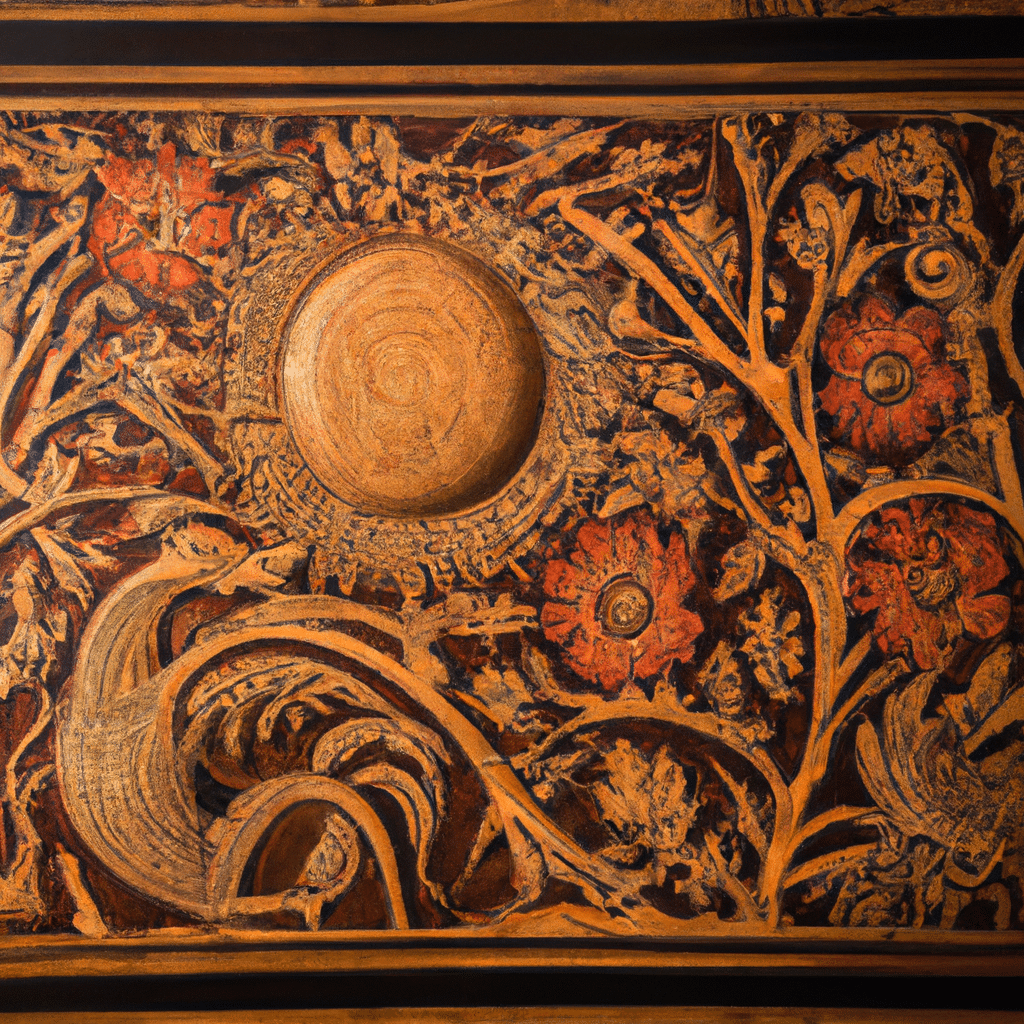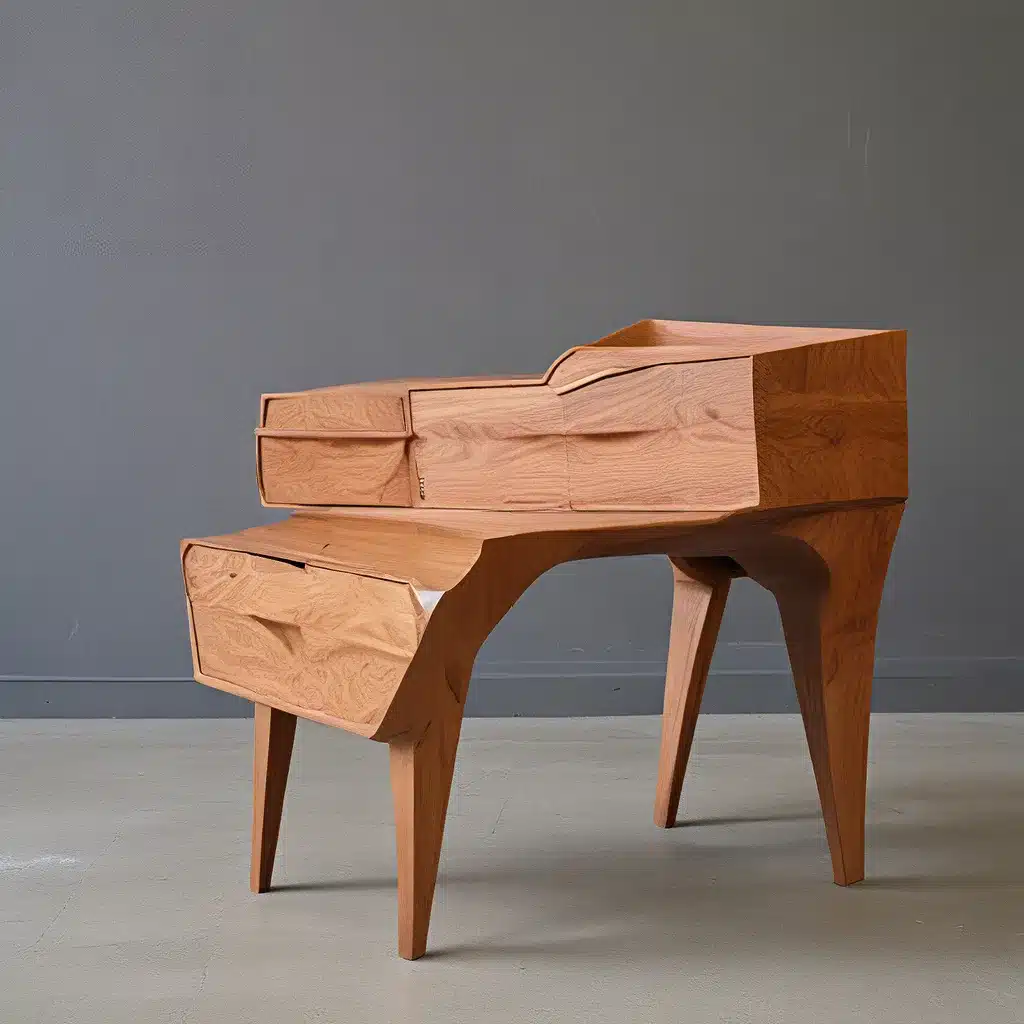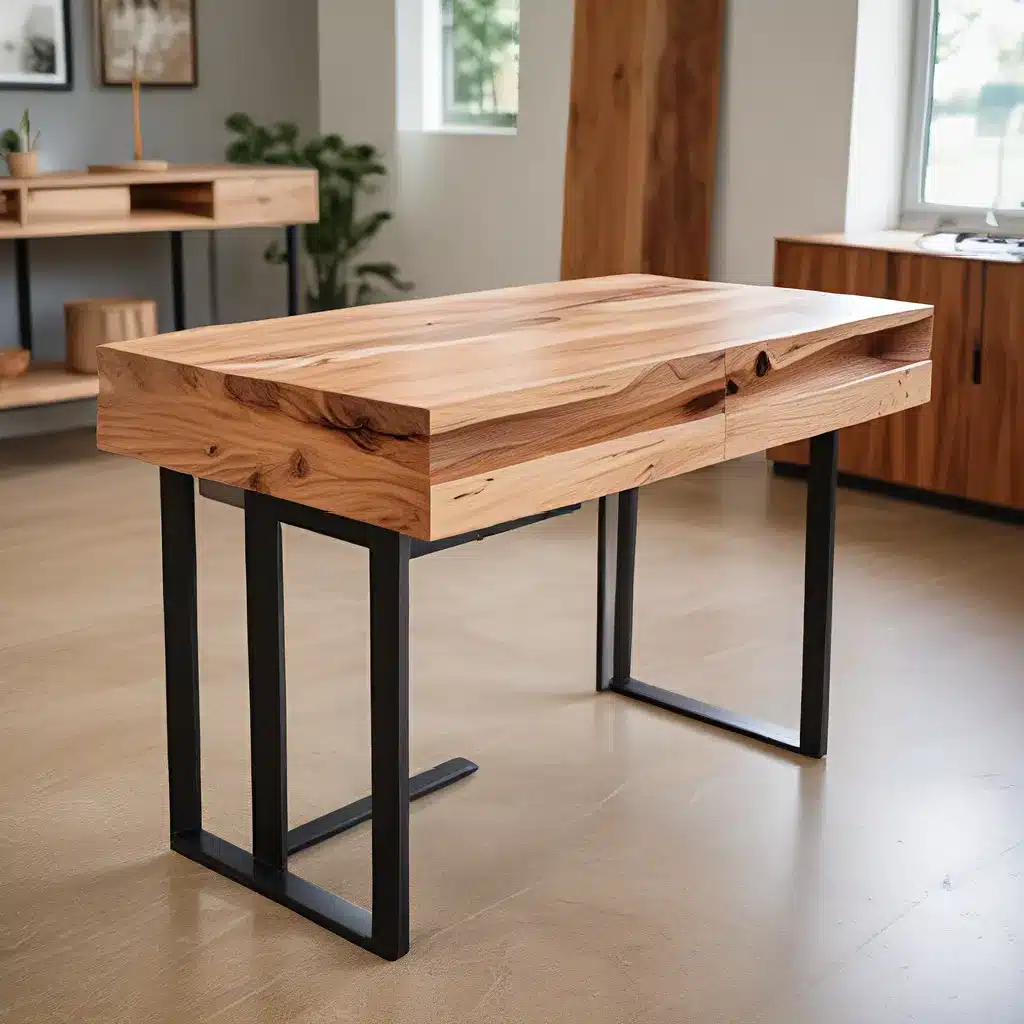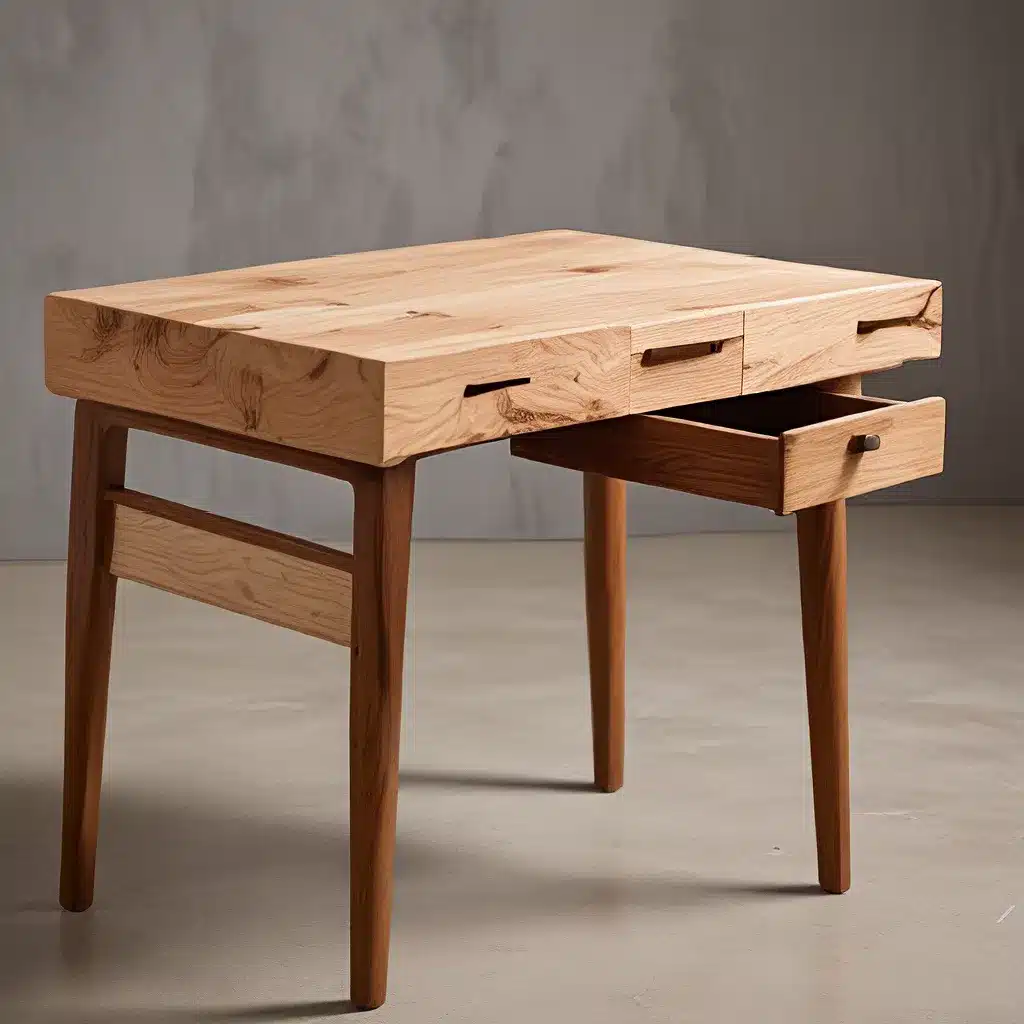Marquetry, a centuries-old woodworking technique, has long been overshadowed by more popular forms of craftsmanship. However, its intricate designs and timeless appeal deserve recognition. In this article, we delve into the world of marquetry, exploring its history, techniques, and the awe-inspiring creations it has spawned. Join us on this journey as we shed light on the forgotten craft of marquetry.

The Origins of Marquetry
Marquetry traces its roots back to ancient Egypt and Mesopotamia, where artisans used inlaid wood pieces to adorn their furniture and decorative objects. The craft then spread across ancient civilizations, including the Greeks and Romans, who incorporated marquetry into their intricate architectural designs. The art form flourished during the Renaissance, with Italian and French craftsmen perfecting the technique and elevating it to new heights.
The Technique Behind Marquetry
At its core, marquetry involves the skillful arrangement of different wood veneers to create intricate patterns and images. Artisans carefully select and cut veneers, which are thin slices of wood, and assemble them onto a base to form the desired design. The pieces are then glued together and polished to create a seamless and visually stunning composition.
Tools of the Trade
To bring their marquetry visions to life, craftsmen rely on a set of essential tools. These include:
- Veneer saw: Used to precisely cut the wood veneers into desired shapes.
- Chevalet: A specialized marquetry sawing machine that allows for intricate and controlled cuts.
- Chisels: Used for shaping and smoothing the veneer pieces.
- Glue: A strong adhesive that bonds the veneers together.
- Sandpaper: Essential for achieving a smooth and flawless finish.
Marquetry Styles and Designs
Marquetry offers a vast array of styles and designs, ranging from classic to contemporary. Some of the most popular marquetry motifs include floral patterns, landscapes, geometric shapes, and even portraits. Artisans often draw inspiration from nature, history, and cultural influences to create unique and captivating designs.
The Beauty of Marquetry in Furniture
Marquetry’s true allure shines through in its application to furniture. From exquisite cabinets and tables to delicate jewelry boxes and decorative panels, marquetry adds a touch of elegance and sophistication to any piece. The intricate patterns and vibrant colors of the wood veneers create a mesmerizing visual effect that captures the attention of all who behold it.
Marquetry in the Modern World
While marquetry may be a traditional craft, it has not been left behind in the modern era. Contemporary designers and craftsmen continue to explore and push the boundaries of marquetry, incorporating it into various art forms and interior design projects. From wall art and sculptures to flooring and even musical instruments, marquetry finds its place in diverse artistic expressions.
Preserving and Honoring Marquetry
As marquetry gains recognition once again, efforts are being made to preserve and honor this ancient craft. Art schools and workshops around the world offer courses and training programs to pass on the techniques and skills required for marquetry. Additionally, exhibitions and galleries showcase the works of talented marquetry artists, allowing the public to appreciate and support this extraordinary art form.
Conclusion
Marquetry, often hidden in the shadows of more popular crafts, deserves its place in the spotlight. Its intricate designs, meticulous techniques, and timeless appeal make it a true masterpiece of woodworking. From ancient civilizations to the modern world, marquetry continues to captivate and inspire. Let us not forget this forgotten craft but instead celebrate its beauty and honor the artisans who keep its flame alive.








